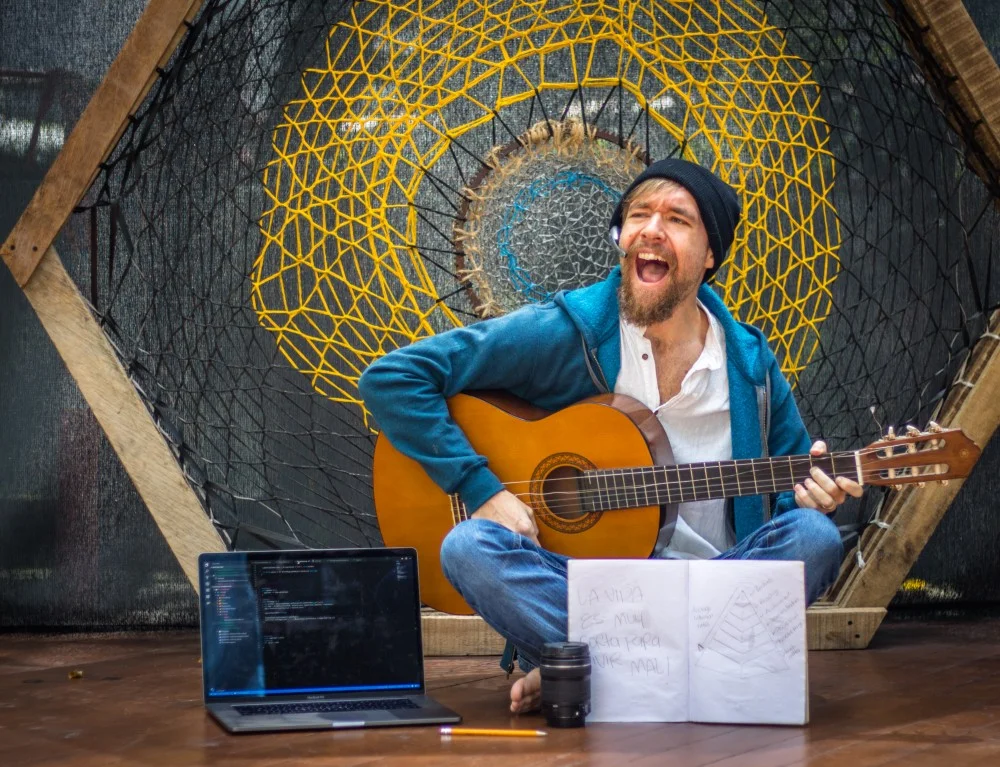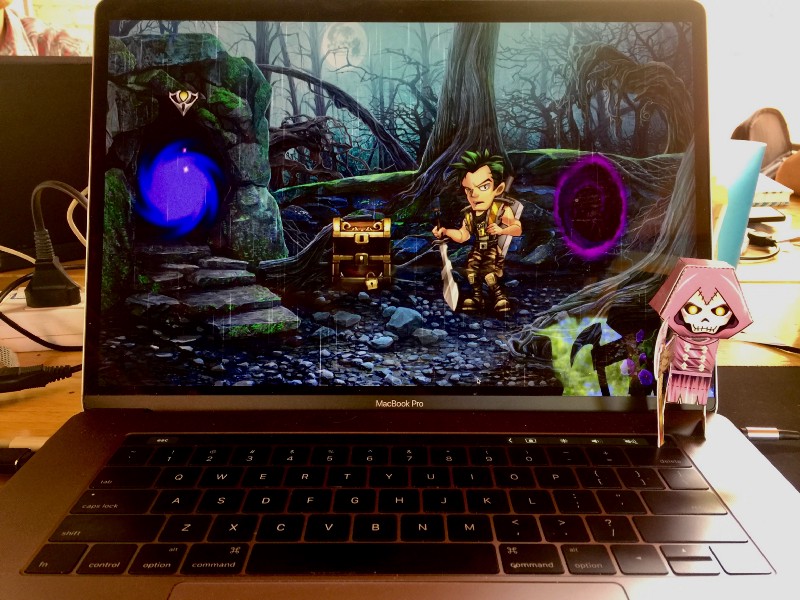Cover Photo Credit: https://unsplash.com/photos/ABGaVhJxwDQ
I walk fast. Really fast.
What takes a normal person 30 minutes to reach, it takes me less than 20. I learn the shortcuts. I avoid red lights. I am efficient.
This all started when I was a kid working in strawberry fields. I was paid by productivity. Each filled basket I would return to the truck, I would get money for it. Now sometimes the truck was not very close. Sometimes it was a 3 minute walk just to get there.
That’s a lot of wasted time.
If we count going to and coming back, that’s 6 minutes where I was not getting paid for. Multiply that by at least 10 times during the day and there was a full hour lost!
Now if I would reduce the time it takes to reach the truck to 2 minutes, I would have another extra 20 minutes that other people don’t have. When you work by production, time really is money.
Similarly, when I was last in Toronto, I was walking to work. It took me 23 minutes. A normal person would take about 32 minutes. That meant that on average, I had an extra 18 minutes per day. There are many things you can do in 18 minutes. I recently started meditating. I do it for 20 minutes. It’s basically the amount of time I’m saving from walking fast.
Why Walk Fast?
I can’t prove this scientifically, but I believe walking fast teaches our brain to work at a different pace.
One observation I made over the last few years is that most people I know who walk fast and strategically are really productive people. Fast walkers understand the value of time, and it transfers that understanding to other areas, like work.
And of course, there are many health benefits to walking fast:
Raises your heart rate to a higher heart rate zone;
Increases fitness and endurance;
Increases muscle flexibility;
Tones muscles;
and more.
When To Walk Fast?
The idea is to do that when you are simply going from a point A to a point B.
If you walk to and from work, that’s the best time to power walk. Same with going to the grocery store, to the gym, etc. Any time there’s a destination in mind.
Keep your leisure walk at a speed you’re more comfortable with.
Conclusion
Changing your walking speed is such an easy thing to do, yet it changes your health and perspective on time.
Try it the next time you have a destination in mind, and like any skill, do it consistently. Before your know it, you’ll be a fast walker!
You can do this!
Thanks for reading! :)

















